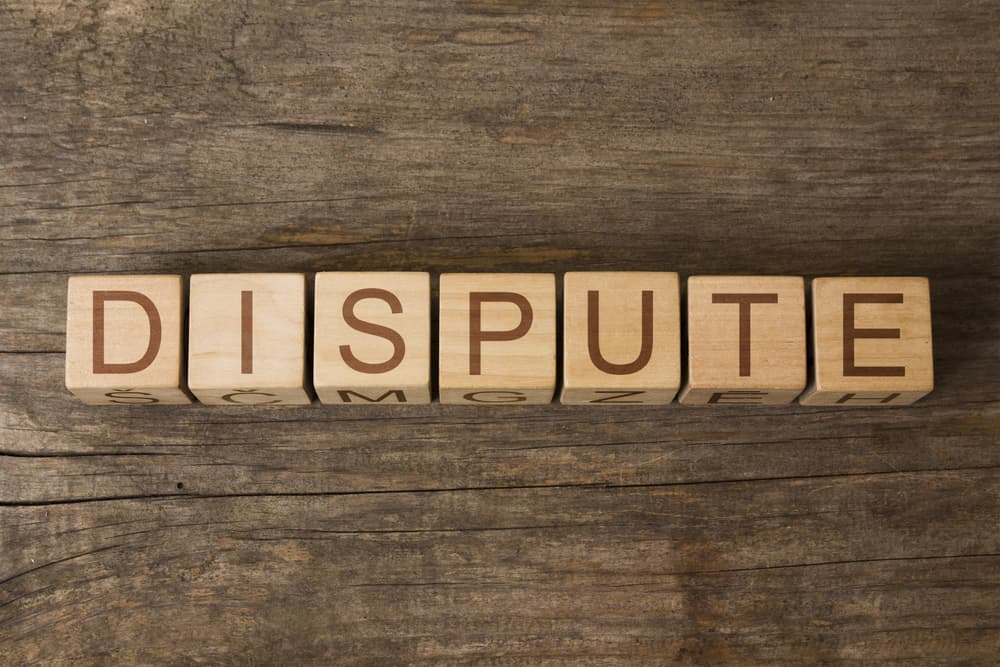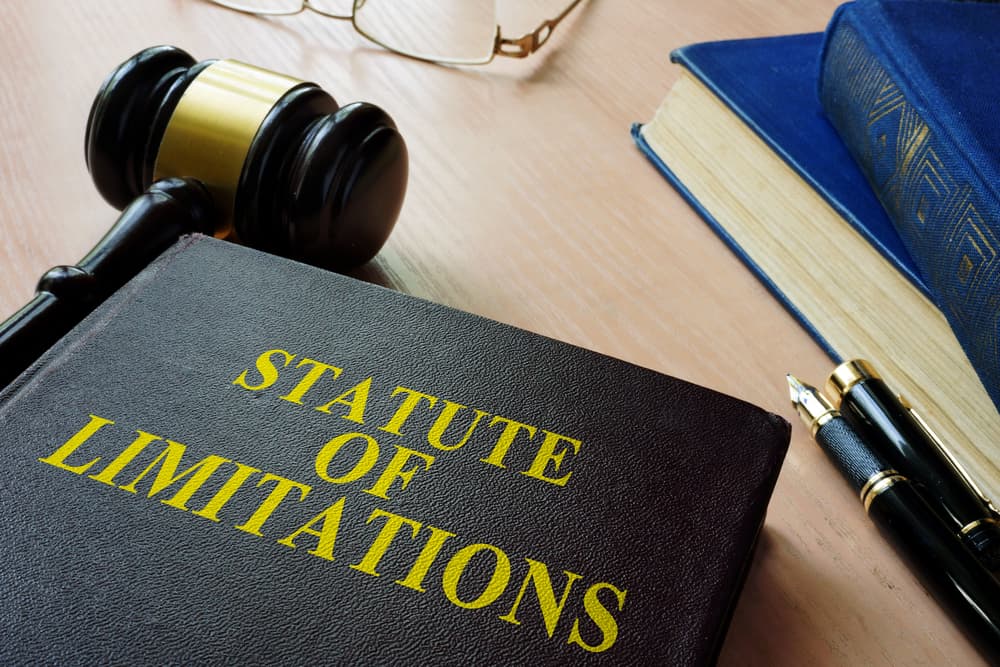Yes, you can go to court after mediation fails because most mediation is non-binding and doesn't eliminate your right to pursue litigation unless you signed a settlement agreement during the process. When mediation reaches an impasse without resolution, parties retain all legal remedies available before mediation began, including filing a lawsuit, pursuing arbitration, or attempting additional negotiation rounds. The voluntary nature of mediation means an unsuccessful attempt simply returns parties to their pre-mediation positions with court doors still open.
While disappointing, mediation impasse doesn't mean you've wasted time, since the process frequently narrows disputes, eliminates peripheral issues, and provides insight into the other party's position. These benefits can streamline subsequent court proceedings and sometimes lead to settlement even after formal mediation ends.
Key Takeaways
- Failed mediation preserves your right to file a lawsuit unless you signed a binding settlement or arbitration agreement
- Mediation communications generally remain confidential and cannot be used as evidence in subsequent court proceedings
- Statutes of limitations continue running during mediation, making prompt action essential after unsuccessful attempts
What Happens If Mediation Doesn't Resolve the Dispute?

When mediation fails to produce a complete settlement, several paths forward exist depending on your dispute type and preferences. The mediator will typically declare an impasse, ending the formal mediation process without prejudice to either party's legal rights. This declaration doesn't prevent future settlement discussions or additional mediation sessions if circumstances change.
Your immediate options after failed mediation include filing a lawsuit in the appropriate court, pursuing binding arbitration if your contract requires it, or attempting direct negotiation without a mediator. Some parties benefit from a cooling-off period before deciding next steps, while others need swift action due to approaching deadlines or urgent circumstances.
The type of dispute affects your post-mediation options. For example, employment disputes might proceed to EEOC proceedings or state court, while divorce mediation failure leads to formal divorce proceedings. On the other hand, commercial disputes may trigger contractual arbitration clauses. Small claims disputes under jurisdictional limits can proceed directly to small claims court without attorney representation.
Court Options After Mediation Impasse
Taking your case to court after mediation fails requires evaluating which court has jurisdiction and what type of proceeding fits your dispute. Small claims court handles disputes under specific dollar limits, offering simplified procedures without attorney requirements. Civil court addresses larger disputes with formal procedures, discovery processes, and typically longer timelines.
Filing Your Lawsuit
The transition from failed mediation to court litigation involves several critical steps that determine your case's trajectory. Starting this process correctly positions your case for success while avoiding procedural pitfalls that could derail valid claims.
- Determine the proper venue based on where the dispute arose or where the defendants reside
- Calculate filing deadlines considering statutes of limitations and any tolling agreements from mediation
- Prepare the complaint outlining your legal claims and requested relief without referencing mediation discussions
- Serve defendants properly, following your jurisdiction's service requirements and deadlines
- Consider requesting a jury trial if available and strategically advantageous for your case type
Each jurisdiction has specific filing requirements, fees, and procedures that must be followed precisely. Missing deadlines or filing in the wrong court can result in case dismissal regardless of your claim's merit.
Costs and Timeline Considerations
Litigation costs vary dramatically based on case complexity, jurisdiction, and whether you hire an attorney. Attorney fees, discovery costs, and trial expenses can escalate quickly, sometimes exceeding the dispute's value.
Court proceedings typically take months to years, far longer than mediation's weeks or months. Simple small claims cases might resolve within 60-90 days, while complex civil litigation can extend beyond two years. This extended timeline increases both financial and emotional costs, making post-mediation settlement discussions worth considering even after filing suit.
Mediation Confidentiality in Court Proceedings
One crucial protection when proceeding to court after failed mediation is confidentiality rules that prevent using mediation communications as evidence. What you or the other party said during mediation generally cannot be introduced in court, protecting the open dialogue necessary for productive settlement discussions.
In most jurisdictions, mediators cannot be compelled to testify about mediation proceedings. This privilege prevents parties from subpoenaing mediators to reveal what happened during caucuses or private sessions. Documents prepared specifically for mediation also receive protection, though underlying facts and preexisting documents remain discoverable through normal litigation channels.
Exceptions to confidentiality exist for threats of violence, disclosures of child abuse, or agreements to waive confidentiality. Additionally, signed agreements or partial settlements from mediation are typically admissible to prove their terms or enforce obligations. Parties cannot use confidentiality to hide evidence that would otherwise be discoverable through litigation.
Statute of Limitations After Mediation

Time limits for filing lawsuits don't stop during mediation unless parties sign a formal tolling agreement. Many people mistakenly believe that attempting mediation extends their filing deadlines, but statutes of limitations continue running throughout the mediation process. Missing these deadlines eliminates your right to sue regardless of your claim's strength.
Tolling agreements can pause limitation periods during mediation, but these must be written and signed by all parties. Without such agreements, you risk losing legal remedies if mediation extends too long. Smart practitioners calculate deadlines before starting mediation and file protective lawsuits if time grows short, potentially staying proceedings while settlement talks continue.
Alternatives to Court After Failed Mediation
Before rushing to court after mediation fails, consider whether another alternative dispute resolution method might better serve your interests. Arbitration offers a middle ground between mediation and court, providing binding decisions through less formal proceedings. Many contracts require arbitration before litigation, making this step mandatory rather than optional.
Direct negotiation without a mediator sometimes succeeds after formal mediation fails. The mediation process often educates parties about realistic outcomes and motivates compromise. Parties may reach agreements independently once they've processed information from mediation and consulted with attorneys about litigation risks.
Some disputes benefit from specialized resolution processes, such as appraisal for insurance claims, expert determination for technical disputes, or collaborative law for family matters. These alternatives may cost less than court while providing a faster resolution.
FAQ Going to Court After Failed Mediation
Is Mediation Legally Binding if We Don’t Reach an Agreement?
No, mediation without a signed settlement agreement is not binding. You retain all rights to pursue litigation or other remedies after unsuccessful mediation.
Will Anything I Said in Mediation Be Used against Me in Court?
Generally, no. Mediation communications are confidential and inadmissible in court, though exceptions exist for threats, abuse disclosures, or signed agreements.
How Long Do I Have to File a Lawsuit after Mediation Ends?
Statutes of limitations continue running during mediation unless you have a written tolling agreement, so deadlines depend on your specific claim type and when it arose.
Next Steps After Mediation Impasse

When mediation fails to resolve your dispute, prompt evaluation of litigation options protects your rights while maintaining settlement possibilities. Court remains available for most disputes after unsuccessful mediation, but strategic timing and preparation often determine outcomes. Consider litigation costs, time investments, and the probability of success.
Contact Bridges Dispute Resolution at (206) 621-1110 in Seattle or (253) 327-6778 in Tacoma for additional mediation attempts or arbitration services that might resolve disputes without court proceedings.